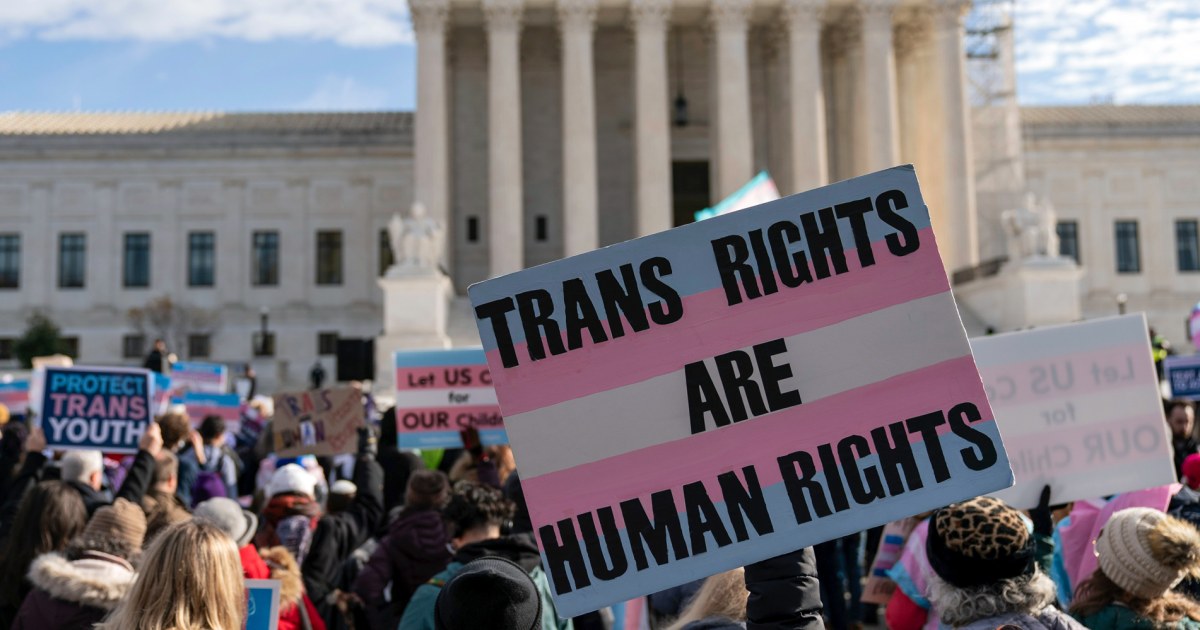By
The Supreme Court has upheld Tennessee’s ban on gender-affirming care for minors, in an opinion by Chief Justice John Roberts over dissent from the court’s Democratic appointees.
The Republican-appointed majority said Wednesday that the state law isn’t subject to heightened scrutiny under the Constitution’s equal protection clause. Reasoning that the law doesn’t discriminate based on sex, Roberts wrote that it “prohibits healthcare providers from administering puberty blockers and hormones to minors for certain medical uses, regardless of a minor’s sex.”
Justice Sonia Sotomayor wrote in dissent for the three Democratic appointees that the law plainly discriminated on the basis of sex, and so it deserved greater scrutiny from the court. “By retreating from meaningful judicial review exactly where it matters most, the Court abandons transgender children and their families to political whims,” she wrote.
The appeal presented national implications for other states with similar laws and for transgender rights more broadly. According to KFF, which tracks health policy, 27 states have laws or policies limiting youth access to gender-affirming care.
The justices took the case at the urging of the federal government during the Biden administration. Its petition noted that states across the country have laws that bar transgender adolescents from receiving certain treatments but don’t restrict those same treatments for any other purpose. Those laws “classify based on sex and transgender status,” the petition argued.
Defending the law, the state said it’s “not unconstitutional discrimination to say that drugs can be prescribed for one reason but not another.” The state further argued that its law doesn’t classify people based on sex but rather creates two groups: “minors seeking drugs for gender transition and minors seeking drugs for other medical purposes.”
After Donald Trump won the 2024 presidential election, the federal government told the court in February that its Biden-era stance “no longer represent the United States’ position.” Still, the government didn’t ask the justices to dismiss the appeal, citing several factors including that the court’s resolution of the case would affect many pending cases in the lower courts.
This is a developing story. Check back for updates.
Subscribe to the Deadline: Legal Newsletter for expert analysis on the top legal stories of the week, including updates from the Supreme Court and developments in the Trump administration’s legal cases.

Leave a Reply Cancel reply